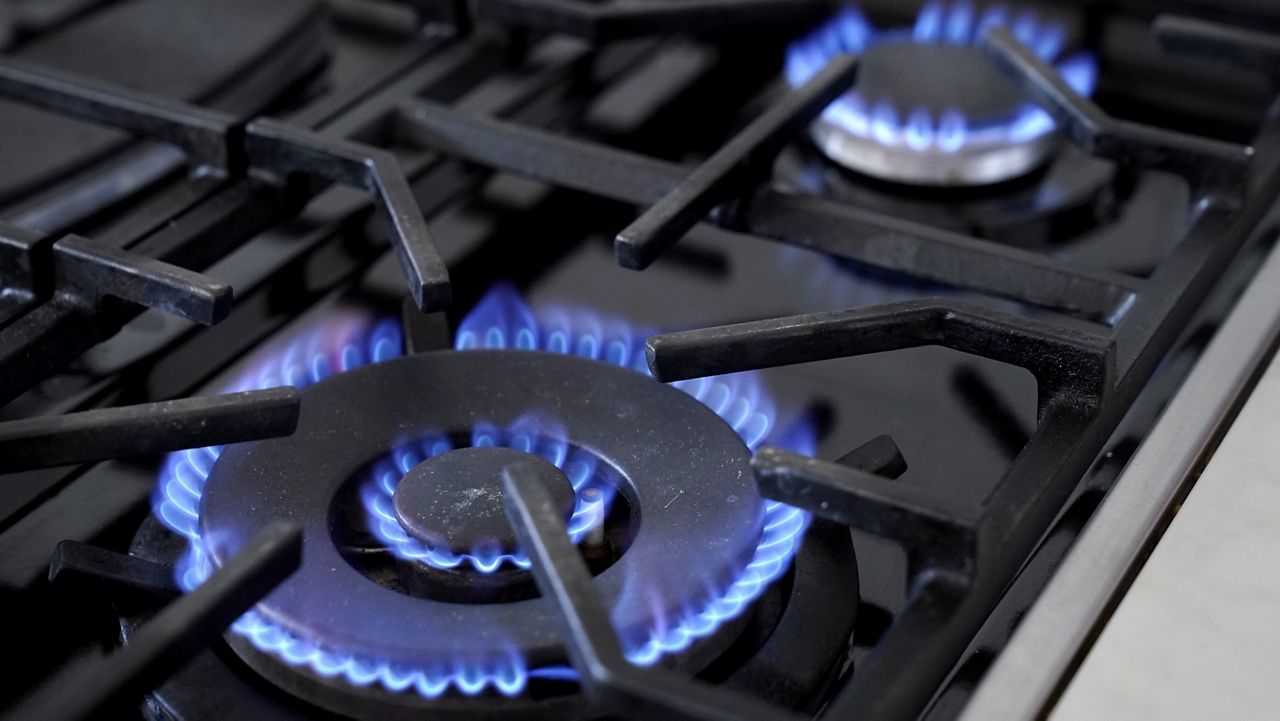Gov. Kathy Hochul has until the end of the year to decide whether to sign a repeal of the “100-foot rule,” excised from a broader bill which what was up until this spring the NY HEAT Act.
The state Senate in June passed an altered version of NY HEAT, the Customer Savings and Reliability Act, as well as a straight repeal of the “100-foot rule,” which forces companies to offer free natural gas hookups to anyone who wants one within 100 feet of an existing line, leaving the Assembly to choose which to act on. They chose the straight repeal.
A report last week in Newsweek that Hochul was considering a conditional approval the bill with a one year delay has advocates like Liz Moran, New York policy advocate for Earthjustice, hopeful that some progress can be made on New York’s climate goals amid a frustrating year for climate activists in which potential approval of long-rejected gas pipelines and talk of unattainable climate goals have dominated headlines.
“There are signals coming from the executive chamber that the governor is looking to sign this important legislation,” Moran said.
Moran stressed the repeal is the Hochul’s one opportunity before year’s end to put legislative momentum behind New York’s rocky journey away from fossil fuels.
“This is the one climate bill that the legislature passed this year that is on the governor’s desk and it’s a win-win,” she said.
Moran cited statistics from Public Utility Law Project, insisting those free hookups ultimately fall to the rate payers in the form of increased bills, so they drive up consumer costs while expanding infrastructure at a time when the state is at the very least making some strides in moving away from natural gas.
That report said New York’s gas ratepayers could save an estimated $581 million on their energy bills every single year by repealing the “100-foot rule.” PULP said the new projection is nearly three times higher than previous estimates.
“New Yorkers are seeing increasingly costly energy bills, so it’s exceptionally timely to get rid of this law, to join other states which have already done so and save New Yorkers as much as $600 million every single year,” she said.
Republican Assemblyman Phil Palmesano, a staunch opponent of the repeal and the NY HEAT Act as a whole, countered that much of the messaging from advocates doesn’t take into account the spreading around of utility costs among a smaller pool of customers, noting that the repeal if signed would join New York’s all electric building mandate set to go into effect at the beginning of next year.
“When you have fewer people on the system, the operational and capital costs become much more expensive for the fewer people on the system,” he said.
Plus, he argued, a Hochul signature would make it harder for individuals who are currently using less clean forms of energy to switch to natural gas, leaving them only with the option of paying for their own gas infrastructure or full electrification
“If someone right now is on oil heat and they want to go to natural gas, if someone is on propane and wants to switch to natural gas, they could but it’s going to cost them more to hook up to it,” he said.
The counterargument from advocates has long been that the upfront costs of switching to electric can be expensive, but homeowners can benefit from some state subsidies and look forward to lower bills in the long-term.
Hochul did not comment on reports that she was leaning toward an approval or if an approval would have a one-year delay attached. Her office would only say that she will review the legislation.

